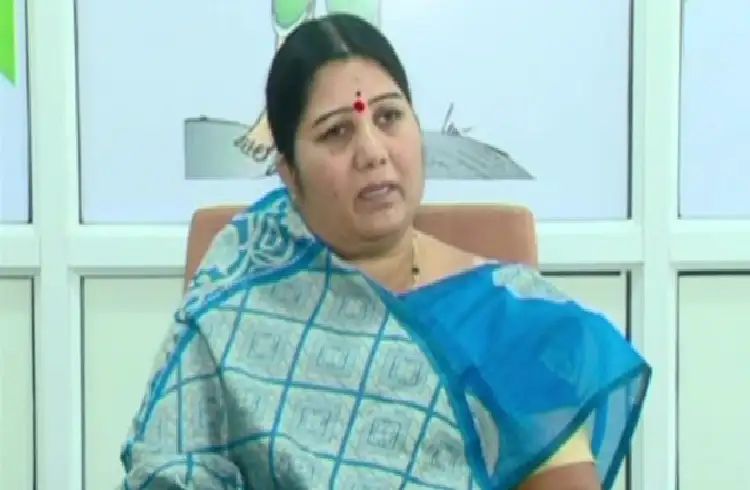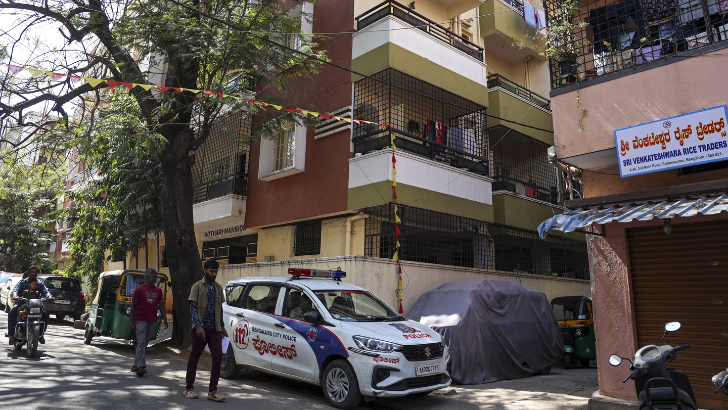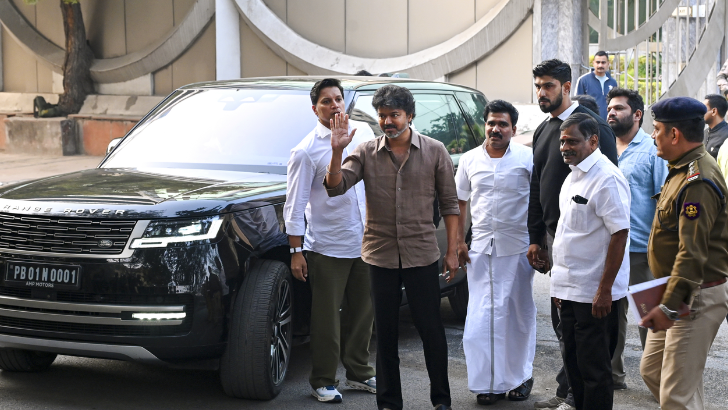Achhe din? Govt slashes GST to 5% & 18%
12 & 28% GST dropped in major restructuring; 40 per cent on sin/luxury items; Insurance exempted.
PTI
-
Image used for representation
New Delhi, 3 Sept
GST tax rates on common use items ranging from hair oil to corn flakes, TVs, and personal health and life insurance policies were slashed after the all-powerful GST Council on
Wednesday approved a complete overhaul of the tangled Goods and Services Tax regime.
Almost all personal use items will see rate cuts as the government looks to boost domestic spending and cushion the economic blow of the US tariffs.
Briefing reporters after a marathon daylong GST Council meeting, Union Finance Minister Nirmala Sitharaman said all decisions were taken unanimously, with no disagreement with any state.
The panel approved simplifying the goods and services tax (GST) from the current four slabs -- 5, 12, 18 and 28 per cent -- to a two-rate structure -- 5 and 18 per cent. A special 40 per cent slab is also proposed for a select few items such as high-end cars, tobacco and cigarettes.
The new rates for all products, except gutkha, tobacco and tobacco products and cigarettes, will be effective 22 September -- the first day of Navratri, she said.
Key highlights:
Two primary GST slabs:
5 per cent for essential and mass-consumption items.
18 per cent for standard goods and services.
A special sin/luxury tax rate of 40 per cent will apply to products deemed harmful or high-end luxury goods.
Items moved to 5 per cent slab (down from 12 per cent or 18 per cent):
Healthcare: Several life-saving drugs, diagnostic kits, spectacles/goggles (from 28 per cent).
Daily-use items: Hair oil, toilet soaps, shampoos, toothbrushes, bicycles, tableware, kitchenware, household articles.
Packaged foods: Namkeen, pasta, instant noodles, sauces, coffee, cornflakes, butter, ghee.
Renewable energy equipment: Solar panels, bioenergy plants, PV cells, windmills, solar heaters.
Agricultural machinery: Soil harvesters, fodder machines, composting units.
Handicrafts and raw materials: Handicrafts, marble, granite blocks, intermediate leather goods.
Natural products: 12 specified biopesticides, natural menthol.
Nil GST
Life-saving drugs including cancer ones.
Life insurance and health insurance policies.
Ultra-high temperature (UHT) milk.
Chena/paneer.
All varieties of Indian breads (roti, paratha, naan, etc).
Items shifted from 28 per cent to 18 per cent:
All TVs (including over 32 inches).
Air conditioners and dishwashers.
Small cars.
Motorcycles up to 350cc.
Cement.
Tractors and forestry machinery.
Buses, trucks, ambulances, and three-wheelers.
All auto parts
40 per cent sin and luxury tax slab:
This new slab targets products considered harmful or luxurious:
Pan masala, cigarettes, tobacco products.
Aerated drinks with added sugar, carbonated beverages.
Mid-size and large cars.
Motorcycles over 350cc.
Yachts and aircraft for personal use.
Finance Minister Sitharaman said all decisions were taken unanimously, with full support from state finance ministers. "States have recognised the need of the times in supporting these reforms," she said.
With the new two-tier structure, the government hopes to boost consumption by putting more money in people’s hands while also simplifying tax compliance for businesses. While opposition-ruled states have demanded that all states be compensated for the revenue loss they incur post the implementation of the GST rejig, the finance minister of TDP-ruled
Andhra Pradesh, Payyavula Keshav, said his state is supporting the Centre’s GST rate proposals. Jammu and Kashmir Chief Minister Omar Abdullah said that the proposed GST reforms could reduce the UT's revenue by 10-12 per cent, adding to the severe fiscal crisis as its public revenues have "collapsed" in the aftermath of the Pahalgam terror attack. Karnataka, in particular, has estimated a potential annual shortfall of Rs 15,000 cr in the State’s revenue, besides claiming it would affect its ability to run the state government.
Leave a Reply
Your email address will not be published. Required fields are marked *








.png)


.png)
.png)


.png)

.png)
.png)

